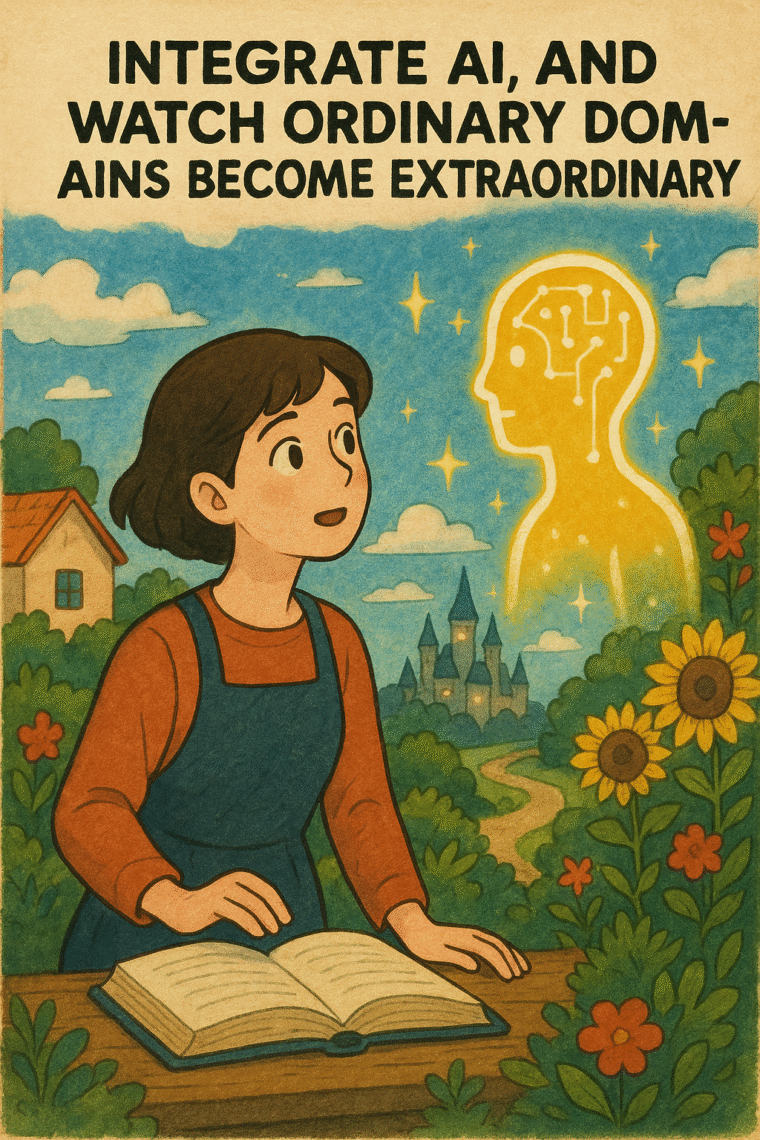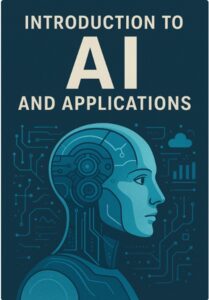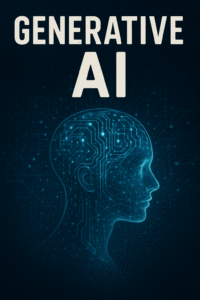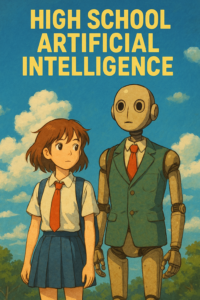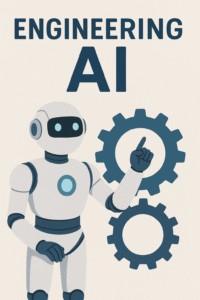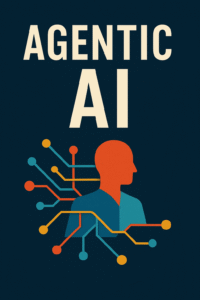In the age of digital transformation, artificial intelligence (AI) stands out as a revolutionary force. The phrase “Integrate AI, and watch ordinary domains become extraordinary” captures the essence of how AI is reshaping our world. From education to electronics, AI’s integration is breathing new life into traditional fields, unlocking efficiencies, insights, and innovations previously unimaginable.
Below, we explore how various domains are being transformed by AI—from conventional to cutting-edge.
1. Education: Personalized Learning & Smart Classrooms
AI is transforming the educational landscape by making learning more adaptive and accessible:
- Example: AI-driven platforms like Khan Academy and Duolingo tailor lessons based on a learner’s progress and style.
- Smart classrooms use AI for attendance tracking, student engagement analysis, and real-time feedback.
- AI chatbots assist students 24/7, clarifying doubts and providing resources, even in remote areas.
Result: Ordinary classrooms evolve into dynamic learning ecosystems.
2. Computer Science: Smarter Software & Intelligent Systems
AI has revolutionized the core of computing:
- Example: Integrated development environments (IDEs) now suggest code, detect bugs, and even generate entire functions (e.g., GitHub Copilot).
- Operating systems and applications utilize AI for resource optimization, security threat detection, and personalized user experience.
Result: Traditional computing becomes intuitive, self-optimizing, and efficient.
3. Agriculture: Precision and Predictive Farming
AI empowers farmers to make data-driven decisions:
- Example: Drones and AI models analyze crop health, detect pests, and suggest interventions.
- Predictive analytics forecast weather patterns and yield estimates, helping optimize irrigation and fertilization schedules.
Result: Traditional farming turns into high-precision, tech-assisted agriculture.
4. Healthcare: From Diagnosis to Personalized Medicine
AI is redefining diagnosis, treatment, and patient care:
- Example: AI-powered tools like IBM Watson assist doctors by analyzing patient data and suggesting evidence-based treatments.
- AI models detect anomalies in radiology scans with high accuracy, sometimes outperforming human experts.
- Wearable devices powered by AI continuously monitor vital signs and alert users and doctors in real time.
Result: Reactive healthcare evolves into proactive, predictive care.
5. Transportation: Smart Mobility and Automation
AI is at the heart of modern transportation systems:
- Example: Self-driving vehicles from companies like Tesla use AI to perceive surroundings and make driving decisions.
- Traffic management systems use AI to reduce congestion and optimize signal timings.
- Predictive maintenance in logistics ensures that vehicles are serviced before breakdowns occur.
Result: Static transport systems evolve into intelligent, adaptive networks.
6. Business & Finance: Smarter Decision-Making
AI is enabling faster, more accurate decisions in business:
- Example: AI-driven analytics tools help companies understand customer behavior and forecast market trends.
- Chatbots provide 24/7 customer service, while AI-based fraud detection systems protect financial transactions.
- AI also assists in HR—screening resumes and improving employee retention through sentiment analysis.
Result: Traditional businesses become agile, data-driven, and customer-centric.
7. Mechanical Engineering: Intelligent Machines & Automation
AI is enhancing the design, control, and maintenance of mechanical systems:
- Example: Predictive maintenance systems in manufacturing detect potential failures before they happen.
- AI in Computer-Aided Design (CAD) helps generate optimized mechanical components based on functional requirements.
- Robotics powered by AI improve assembly lines, precision, and safety in factories.
Result: Mechanical systems become more autonomous, reliable, and efficient.
8. Electrical Engineering: Smart Grids and Energy Optimization
AI is making power systems more reliable and efficient:
- Example: Smart grids use AI to manage electricity demand, detect faults, and reroute power efficiently.
- AI helps optimize energy consumption in buildings by learning usage patterns and adjusting supply automatically.
Result: Traditional power systems become sustainable and intelligent.
9. Electronics: Smarter Devices Everywhere
AI is embedding intelligence into everyday electronics:
- Example: AI in smartphones enables voice recognition, facial unlocking, and predictive typing.
- Consumer electronics like smart TVs, fridges, and home assistants (e.g., Alexa) use AI for user personalization and automation.
Result: Passive devices become responsive, learning companions.
Conclusion: A Future Powered by Intelligence
The power of AI lies in its ability to amplify human potential and optimize systems. By integrating AI, even the most conventional domains begin to operate on an entirely new plane—more intelligent, efficient, personalized, and proactive.
AI is not here to replace professionals or processes but to elevate them. When thoughtfully integrated, it becomes a silent collaborator, turning ordinary into extraordinary—across every domain of human endeavor.
So whether you’re a farmer or a physicist, a teacher or an engineer—the time to integrate AI is now. The extraordinary awaits.

